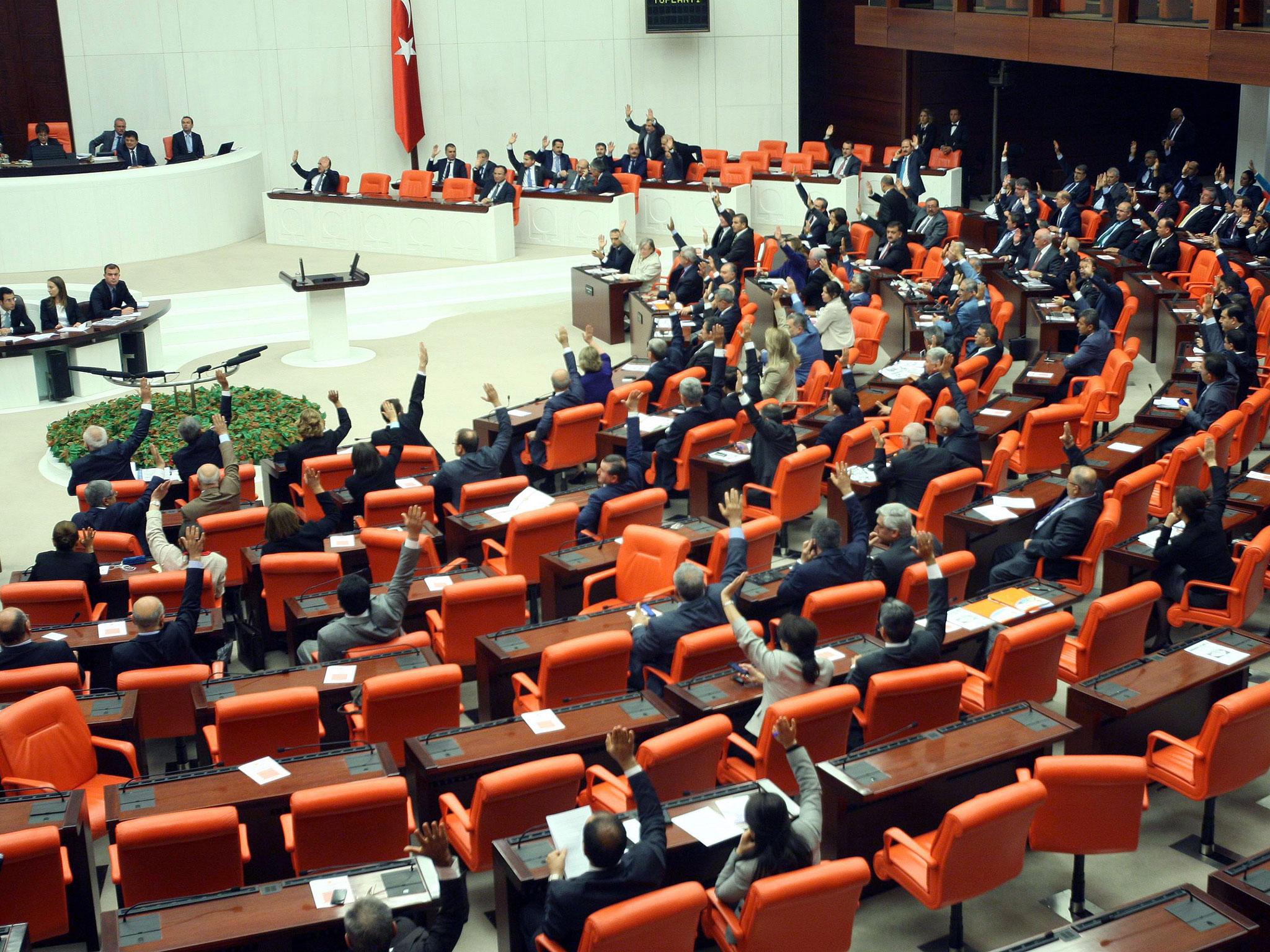Turkey introduces chemical castration for sex offenders
Sex offenders are obliged to join treatment programmes under the new regulation

Your support helps us to tell the story
From reproductive rights to climate change to Big Tech, The Independent is on the ground when the story is developing. Whether it's investigating the financials of Elon Musk's pro-Trump PAC or producing our latest documentary, 'The A Word', which shines a light on the American women fighting for reproductive rights, we know how important it is to parse out the facts from the messaging.
At such a critical moment in US history, we need reporters on the ground. Your donation allows us to keep sending journalists to speak to both sides of the story.
The Independent is trusted by Americans across the entire political spectrum. And unlike many other quality news outlets, we choose not to lock Americans out of our reporting and analysis with paywalls. We believe quality journalism should be available to everyone, paid for by those who can afford it.
Your support makes all the difference.Turkey is introducing treatment to lower or eliminate the sexual drive of those convicted of sex offences.
Individuals convicted of sex offences may be chemically castrated while they are serving time or during the control period if they are conditionally released.
The regulation was published in the Official Gazette on Wednesday, 26 July.
"Convicts for whom medical [castration] has been ordered may be sent to the related medical establishment if necessary,” the new regulation reads, according to a translation by Hurriyet Daily News.
The regulation also says further punishments will be given to non-compliant convicts.
Under the new regulation, sex offenders are obliged to join treatment programmes.
They are also barred from approaching the area where their victim works or lives, and cannot work in an environment where they would be in contact with children.
The regulation will not apply to those under 18.
Join our commenting forum
Join thought-provoking conversations, follow other Independent readers and see their replies
0Comments